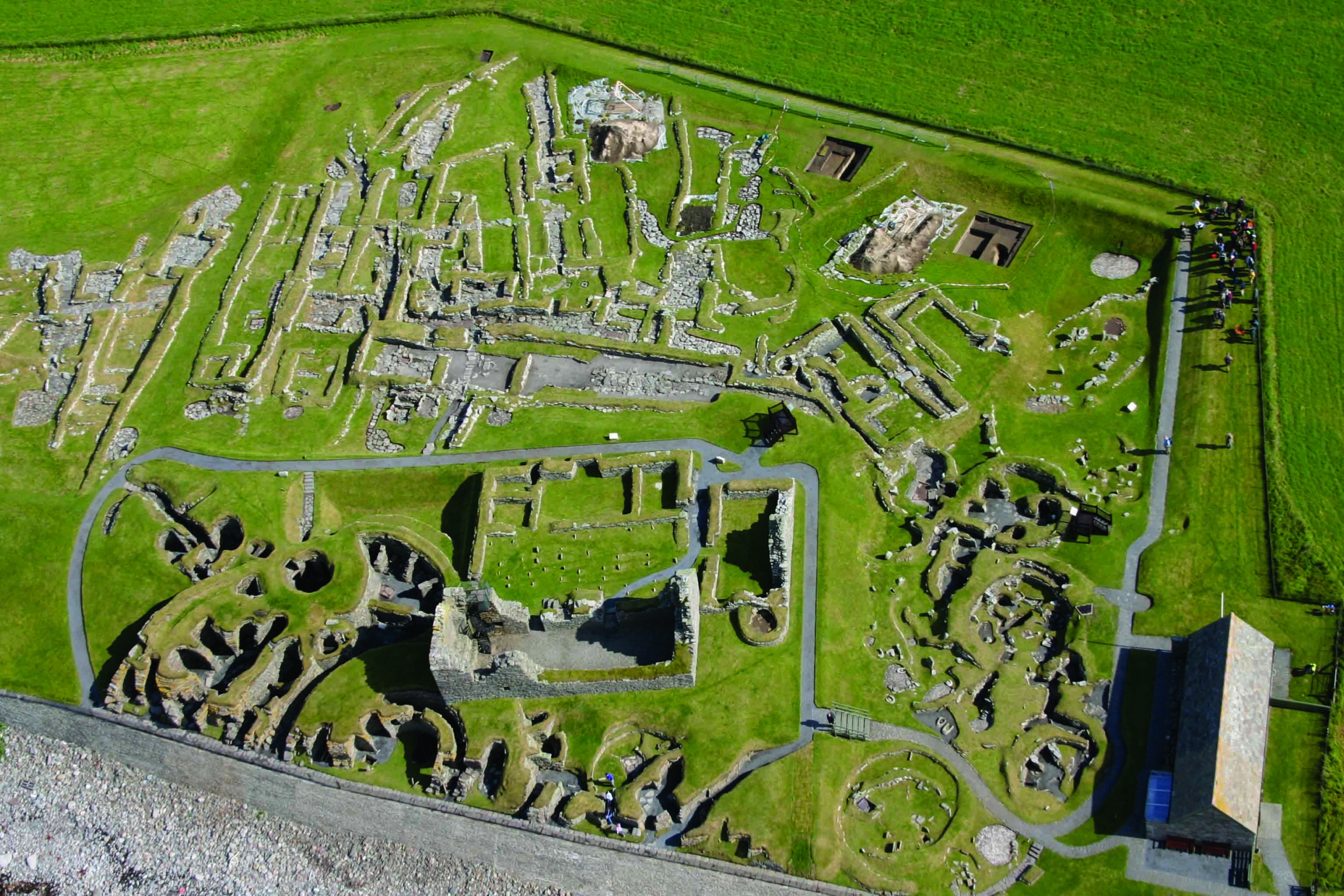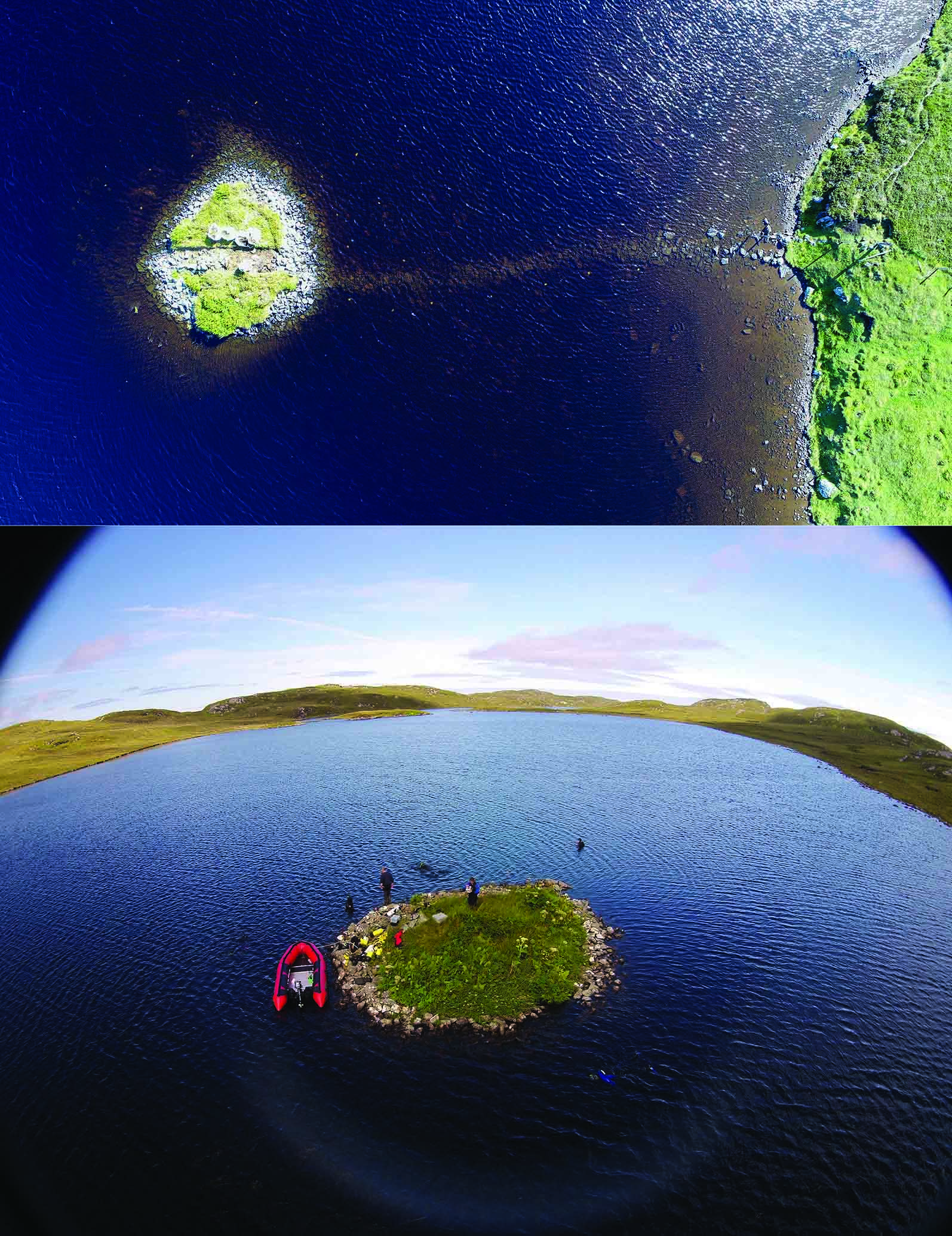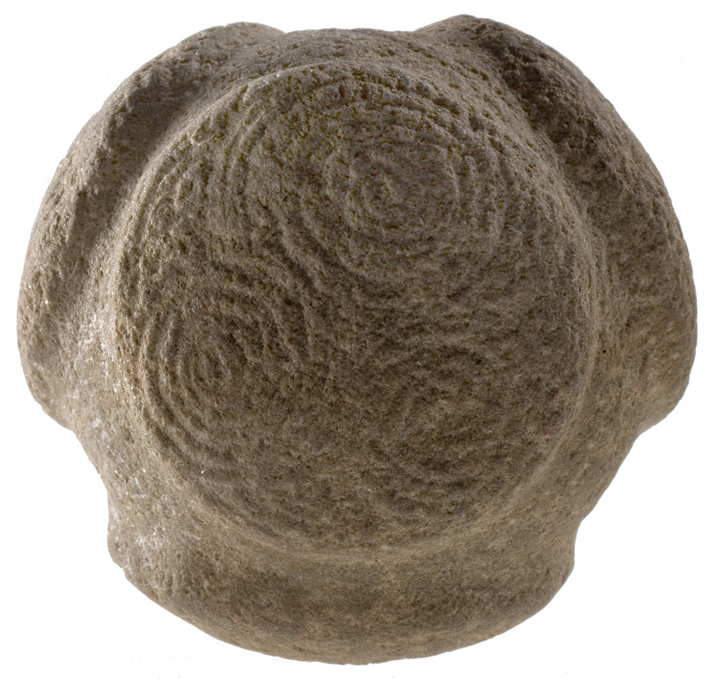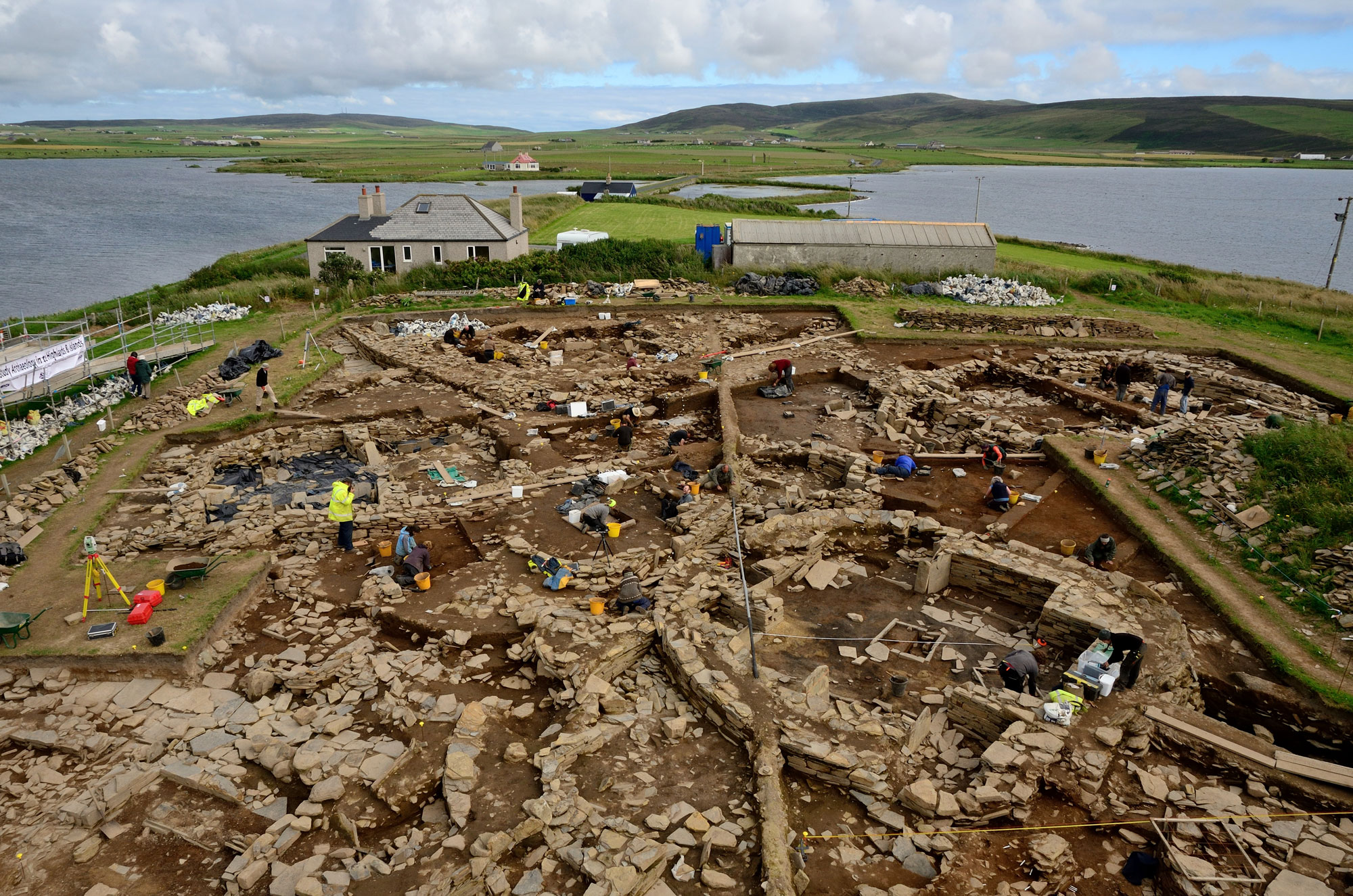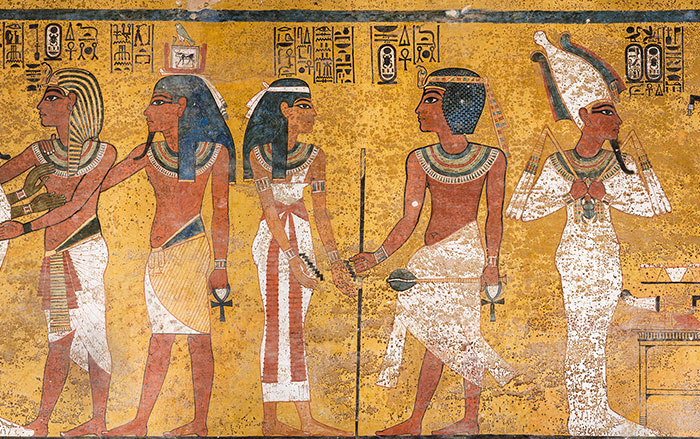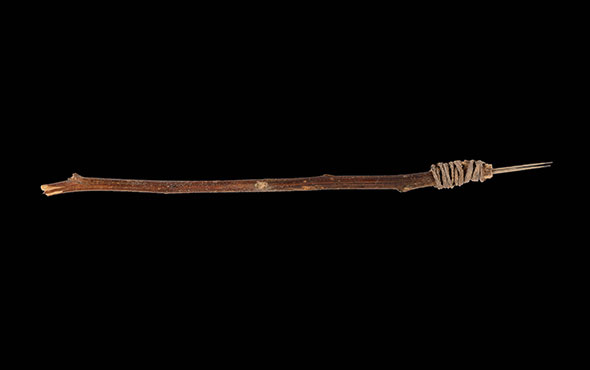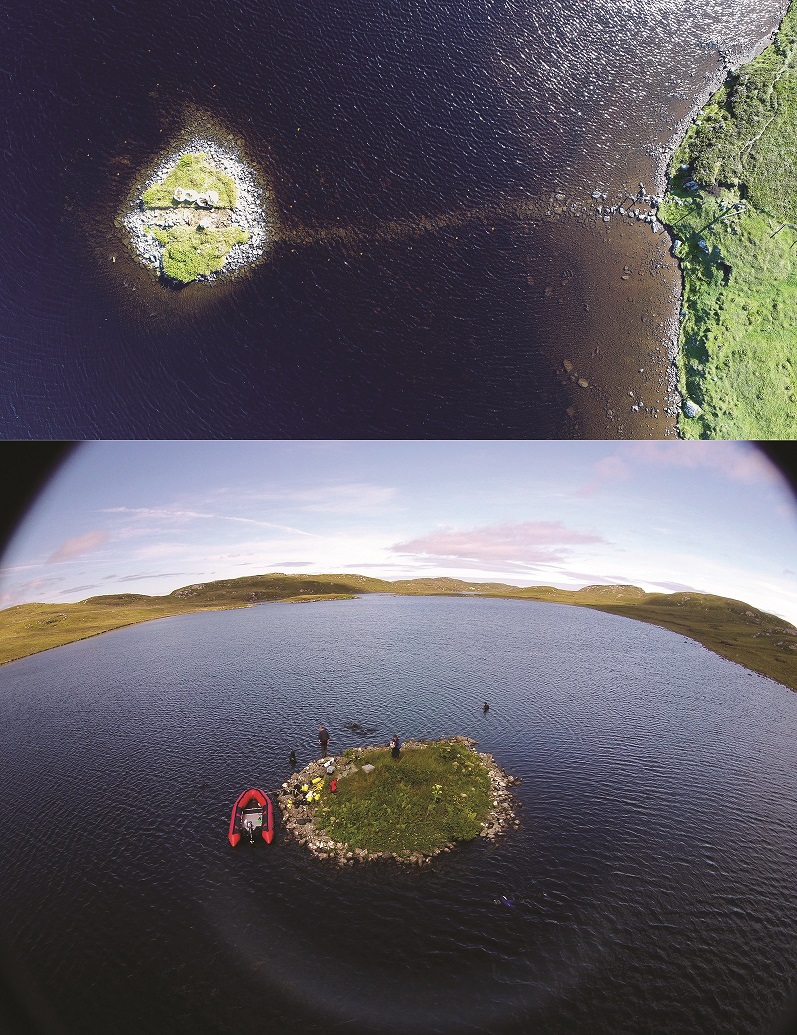
READING, ENGLAND—BBC News reports that four crannogs in northwestern Scotland have been dated to the Neolithic period by archaeologists Duncan Garrow of the University of Reading and Fraser Sturt of the University of Southampton. It had been previously thought that such fortified settlements, which were built on artificial islands in lochs, dated to the Iron Age, beginning around 800 B.C. But underwater surveys and the discovery of Neolithic pottery indicate that the artificial islands were built by piling up boulders as early as 3640 B.C. One of the islands, constructed in Loch Bhorgastail, was even connected to the shore with a stone causeway. Read the original scholarly article about this research in Antiquity. To read about a crannog in Northern Ireland, go to “Saving Northern Ireland's Noble Bog.”


